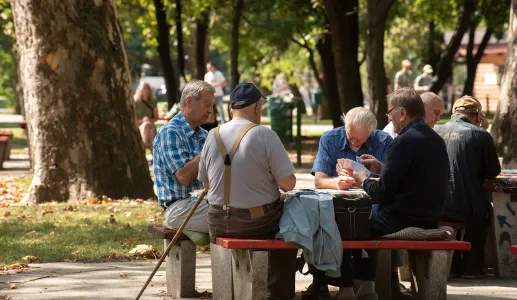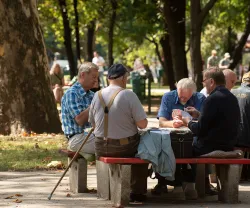
Women in Portugal today
Find out the results of the study "Women in Portugal today: who they are, what they think and what they feel", a collaboration between Fundação Francisco Manuel dos Santos and the market intelligence consultancy firm PRM, coordinated by Laura Saigner and Alex Morell. The result of a series of interviews carried out in May 2018 using the CAWI – Computer-assisted web interviewing – methodology, this study focuses on a wide range of topics relating to the reality of the lives of Portuguese women, seeking answers to questions such as:
- How many women feel happy or unhappy in Portugal? And in what respect? What factors most influence this feeling?
- Is being a mother the desire of all women? What are the main factors that condition women in their experience of motherhood?
- Does coming home mean a new work shift? How does the sharing of household chores and childcare work between the couple? Do Portuguese women have time for themselves?
- How many women have suffered domestic and gender-based violence? And harassment in the workplace?
Through this study, which is relevant not only because of the large number of women surveyed (a sample of 2,428 women between the ages of 18 and 64, which should represent nearly 2.7 million women living in Portugal) but also because of the breadth of topics they were asked about, you can find out about:
- their characteristics, habits and attitudes to life;
- their relationship with their partner, sons and daughters;
- women's paid and unpaid work in Portugal;
- their economic situation;
- moral harassment at work, sexual harassment, domestic and gender-based violence faced by Portuguese women;
and countless other aspects that mark the reality of women's lives in Portugal, through which FFMS seeks to contribute to encouraging critical and constructive reflection on the roles played by women and men in Portuguese society.











